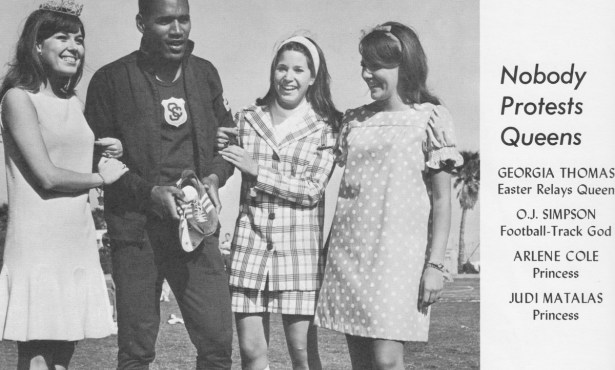Seed Swap
Annual Event Promotes Planting Gardens Instead of Lawns
To all of those who avoid mowing the lawn, a simple concept could provide a substantive sense of liberation: plant a garden in lieu of grass. Locally pioneered by Heather Flores, author of Food Not Lawns, the idea that food could decorate a front yard is as unheard of as it as revolutionary. In its second-annual effort to get the word out, the organization Santa Barbara Food Not Lawns is hosting a seed swap on January 23. With free admittance and participation, the event will take place from 10 a.m. to 2 p.m. in Santa Barbara’s Alameda Park.
Born last year from the International Seed Swap Day of Action, the local event is important for a variety of reasons. Recent studies have estimated that lawns — as odd and unlikely as it sounds — are one of the biggest sole contributors to some of the biggest issues of today. Such studies have found that 58 million Americans reportedly spend approximately $30 billion annually to care for 23 million acres of lawns — which are purely decorative — which is the same as paying $517 per acre. Equally startling is the fact that the same amount of money and maintenance could be allotted to feed, per acre, a family of six.
Excess — or, rather, improperly managed — water consumption is also an issue here. Instead of allocating 270 billion gallons of water per week to lawn maintenance, say Food not Lawn advocates, that same amount of water could easily feed about 81 million acres of produce during the hot summer months.
Even scarier is that lawns’ use of chemicals is supposedly tenfold that of farms, releasing pesticides that have contributed to pollution and global warming. Such chemicals, claim Food Not Lawn supporters, are also believed to play a role in the development of certain cancers and birth defects.
Hence the local effort to promote gardens over lawns. According to Heather Hartley of Santa Barbara Food Not Lawns, this effort has proved successful in the past. Last year alone, she said, about 200 people attended the seed swap. Although only a small-scale solution to a big-scale problem, the message is of the utmost importance. Seed diversity, thanks to a handful of multinational corporations such as Monsanto, is on the decline, slowly but surely erasing our ability to control our own food supply.
Thus, says Hartley, swapping seeds is “one of the easiest ways to empower people.”
Additionally, the seed swap promises to be about more than just seeds, as there will be music and opportunity for community members to meet their neighbors.
In essence, said Hartley, “it is going to be really fun.”
For more information, such as how to start a seed exchange of your own, visit sbfoodnotlawns.org.



